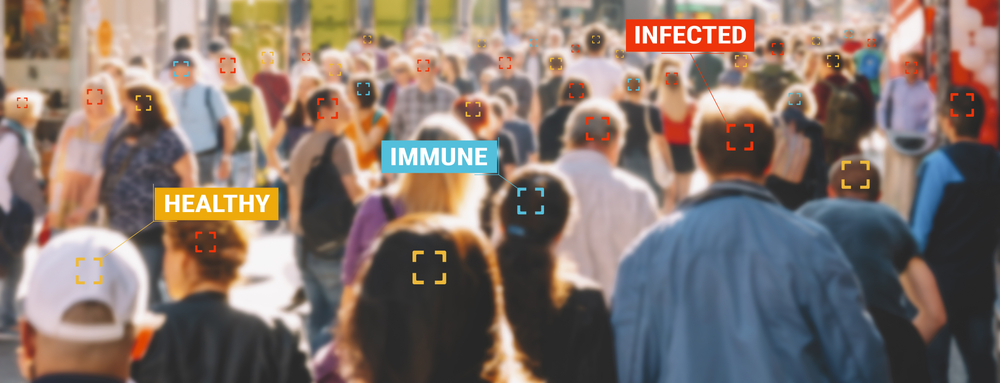Coronavirus: taking us to a new level of digital surveillance?

Toni Vitale, partner and head of data protection at JMW Solicitors discusses the digital surveillance concerns raised with the UK’s plans for a contact tracing app.
Matt Hancock, Secretary of State for Health in the UK recently publicly announced plans for a contact tracing app linked to the government’s ability to ease the lockdown restrictions. The app would inform you with an alert if you had recently come into close contact with a person infected with Covid-19.
Data regulators such as the UK’s Information Commissioners Office (ICO) are aware of the struggles organisations and their governments are facing in the current Covid-19 pandemic. The ICO has issued a statement to say that provided the data is anonymous, the government may not be breaching data protection laws. However the ICO’s anonymity standard is very high – a person must never be able to be identified from the anonymous data. It is doubtful the NHS App can meet this standard.
Take up of the NHS app will need to reach 60% of the population (and to be downloaded onto 80% of mobile phones) for it to be effective but if the public accept this intrusive use of personal data for health reasons in an emergency, are they more likely to accept the UK government using the data for crime prevention, monitoring large crowds at events, or to replace the national census (due in 2021) in the future?

The European Union is likely to take a cautious approach to such monitoring, but in other parts of the world tracking is already taking place. The European Data protection Board (which advises the EU Commission on data privacy) advocates a more cautious approach in Europe stating that governments “should first seek to process location data in an anonymous way… which could enable generating reports on the concentration of mobile devices at a certain location”. The EDPB recommends the introduction of adequate scrutiny and safeguards including the right to a judicial remedy. In the UK plans are already in flight to curtail the right of judicial review. Blanket surveillance is unlikely to be compliant with EU laws even when it is for the public good.
These are extraordinary times, but human rights law still applies. Governments cannot simply disregard rights such as privacy and freedom of expression in the name of tackling a public health crisis.
Human Rights Watch (an international non-governmental organisation) has issued an eight-point declaration to balance individual rights and the need for governments to protect public health:
- Surveillance measures adopted to address the pandemic must be lawful, necessary and proportionate;
- New monitoring and surveillance powers must be time-bound, and continue only for as long as necessary;
- Data must only be used for the purposes of responding to the pandemic;
- Governments must protect people’s data, including ensuring sufficient security;
- Governments must address the risk that the tools will facilitate discrimination and other rights abuses against racial minorities, people living in poverty, and other marginalized populations;
- If Governments partner with private sector entities, the agreements must comply with the law, and sufficient information to allow public oversight must be publicly disclosed. Such agreements should be in writing, with sunset clauses;
- Increased surveillance should not fall under the domain of security or intelligence agencies and must be subject to effective oversight by appropriate independent bodies;
- Data should be shared with relevant stakeholders, in particular experts in the public health sector and marginalized population groups.
The declaration has been signed by many international organisations to urge governments to show leadership in tackling the pandemic in a way that is strictly in line with human rights.